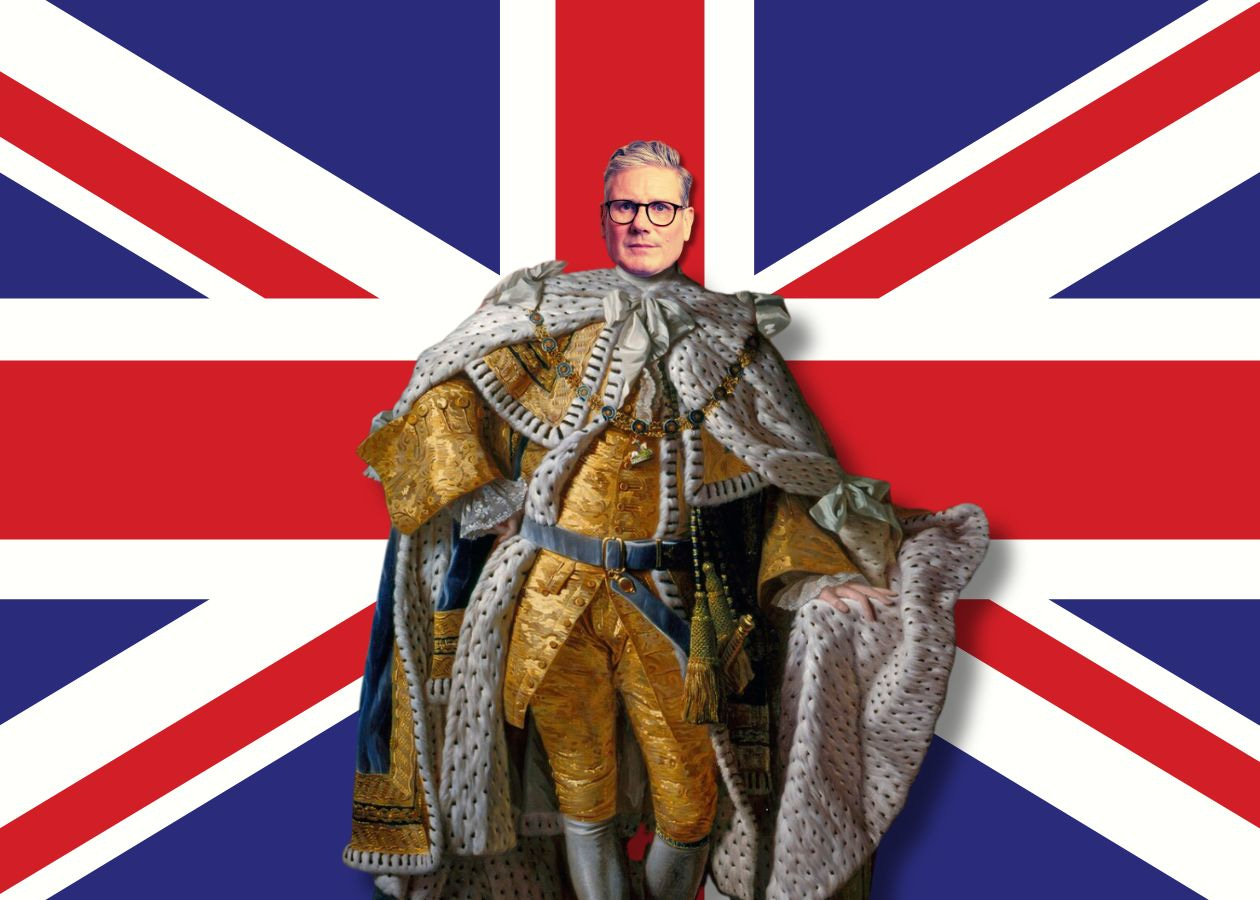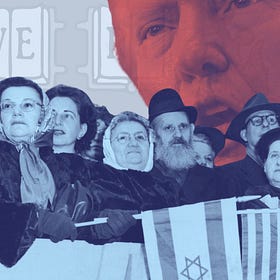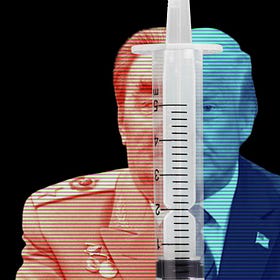Britain Does, In Fact, Have a Free Speech Crisis
The arrest of a comedian in the UK highlights the fragility of an informal democratic tradition. Goodwill is not a guardrail. A constitution is.
Join Garry Kasparov for an interactive Zoom conversation next Tuesday, September 9: Hear directly from Garry and ask questions in an exclusive call for premium subscribers to The Next Move. Space is limited, so don’t wait to sign up. Upgrade and register here.
I’m exactly 249 years and two months late in saying so, but thank god America isn’t Britain.
The unfolding free speech crisis in the UK is a perfect reminder for Americans why their Constitution is so important—and how fragile democratic traditions really are.
Earlier this week, British police arrested Irish comedian Graham Linehan, alleging that comments he’d made online constituted incitement to violence.
Read what he said for yourself.
Distasteful and offensive, absolutely, but it’s hard to argue his words are criminal. And it’s difficult to take the charges leveled by British law enforcement seriously given how wide a net they’ve cast in punishing speech. Those arrested for wrongthink in recent years range from nativist trolls to left-wing pro-Palestinian activists. Linehan is particularly well known, but thousands more have been arrested for speaking out of turn.
Yes, thousands.
More than 30 arrests over social media posts every single day—about 12,000 each year. The situation has gotten so out of control that Mark Rowley, the chief of London’s Metropolitan Police, has called for the British government to update or clarify its speech laws. The police, Rowley correctly points out, cannot be arbiters of culture war debates.
In the United Kingdom, freedom of speech is more of a custom than a rule. America’s mother country has no consolidated, written constitution. Democracy and civil liberties evolved slowly and organically there.
Such a system is ripe for abuse. Politicians can effectively make things up as they go along. A mix of statutes, passed by different British governments, have been leveraged to arrest people over bad tweets. No thought is spared as to what will happen next when a different party or a different leader takes over.
More from The Next Move:
Linehan’s arrest is being justified via the Public Order Act, introduced by Margaret Thatcher’s Conservative government. Now, it is Labour Prime Minister Keir Starmer who is enforcing that law. Tomorrow, Reform UK’s Nigel Farage could be prime minister and free speech restrictions could be an instrument in his hands.1
Don’t write off the possibility: Farage’s hard-right Reform is now the country’s most popular party and outperformed its mainstream rivals in this year’s local elections.
Reform is obviously contemptible, but Britain’s political establishment does not deserve the benefit of the doubt here given how seriously they’ve infringed upon the (unwritten) social contract. They should be subject to the same scrutiny we apply to Farage or Donald Trump. Occam’s razor might suggest that mild-mannered Starmer is probably not trying to impose authoritarian rule in Britain. But can we say the same for Labour’s previous leader, far-left antisemite Jeremy Corbyn?
In the US, freedom of speech is codified as the law of the land. The First Amendment is special, even among liberal democracies. But the United States, like Britain, has its own informal civic traditions too. When we talk about the power of precedent, Americans might do some self-reflection about the powers of the president.
The executive’s mandate grew dramatically over the last half century, especially under Republican George W. Bush and Democrat Barack Obama. This wasn’t the product of one law or Constitutional amendment, but incremental changes. President Trump inherited an expansive interpretation of presidential power from his predecessors.
You might think there’s a good reason for bending the rules or breaking with the democratic tradition—to punish shocking and offensive beliefs, to pursue a policy priority held up in the legislature, and so on.
And you would be wrong.
We can’t be sure that leaders will always adhere to tacit understandings. Goodwill is not a guardrail. A constitution is. In democracy, consistency is the best policy. The thousands arrested for speech in the UK show us what happens when there isn’t a firm rule that applies evenly across the board.
P.S. Whether you agree or disagree, let’s continue the discussion—in the comments, and on a Zoom call. Yes, Zoom! I’ve recently announced new Zoom calls for paid subscribers so that we can have a real conversation. Click here to upgrade and register for our first Zoom call.
More from The Next Move:
The Trojan Horse of Campus Antisemitism
The federal government is exploiting real concerns about Jew hatred as a vehicle to deliver a right-wing policy grab-bag.
MAHA, Vaccines, and a Tradition of Authoritarian Hypocrisy
Comrade Brezhnev owned a Rolls-Royce and anti-vax-enabler Trump will get the jab. The leader never sacrifices like the people do.
When it’s a Labour government in Westminster, Farage is a free speech absolutist, but he’s also demanded that the police ban certain protests and made frequent appearances on Russian state TV. As a Russian, I can tell you that anyone who plays footsie with Vladimir Putin’s propaganda ghouls is no friend of free speech.







Is hate speech free speech? You fail to mention that the intention of Linehan’s incitements and threats are an attempt to bully transwomen out of public restrooms. On social media and elsewhere, Glinner has repeatedly made threats to trans people, and incited others to commit violence on them. Shame on you for taking the side of this rich, entitled bully, against a tiny minority group, with little or no power to defend themselves. Stochastic violence is a real thing, Garry. I had thought better of you.
"Reform is obviously contemptible." More contemptible than two-tier Keir's Labour arresting comedians speech? Or covering up grooming gang rapes for decades?
Time to decolonize Pakistan: https://yuribezmenov.substack.com/p/decolonize-pakistan